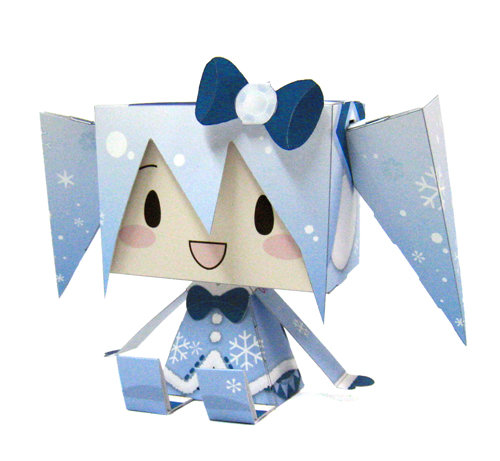One aspect of the Japanese language is its heavy use of foreign loan words, usually borrowed from English. Since the grammar of the two languages is different, however, something is needed to “bridge” the two, and conveniently there are two such grammatical aides built right into Japanese. The first is the adjective particle na which allows a foreign adjective to be plugged into a Japanese sentence without breaking any rules, and you can hear phrases like surimu na onna (a slim, slender woman), hansamu na otoko (a handsome man) or torendii na dorama (the latest trendy drama on television) spoken every day in Japan. The Japanese can get quite creative with these English adjectives, and I’ve heard “almighty” and “epoch-making” used in this fashion — e.g. epokkumeekingu na ibento, an Earth-shattering event. The other linguistic aid that helps foreign words be used in Japanese is the catch-all verb suru which means “to do.” Some common examples include getto suru (GET-toh suru, to get or find something), doraibu suru (doh-RAH-ee-bu suru, to go for a drive), kamingu auto suru (kah-min-GU AH-oo-toh suru, to come out of the closet about something), and one of my favorites, sekkusu suru (to have, well, you know). The staff at J-List uses lots of English in their Japanese, too, and you can hear terms like sukyan suru (to scan a product) or pikku suru (to pick products in preparation for shipping) being used everyday.

I tried to getto suru one of these limited Hatsune Miku origami, but failed.















